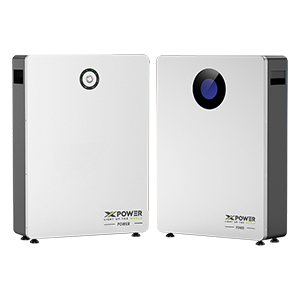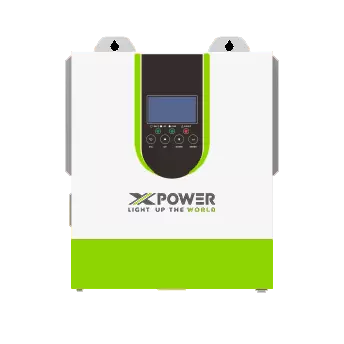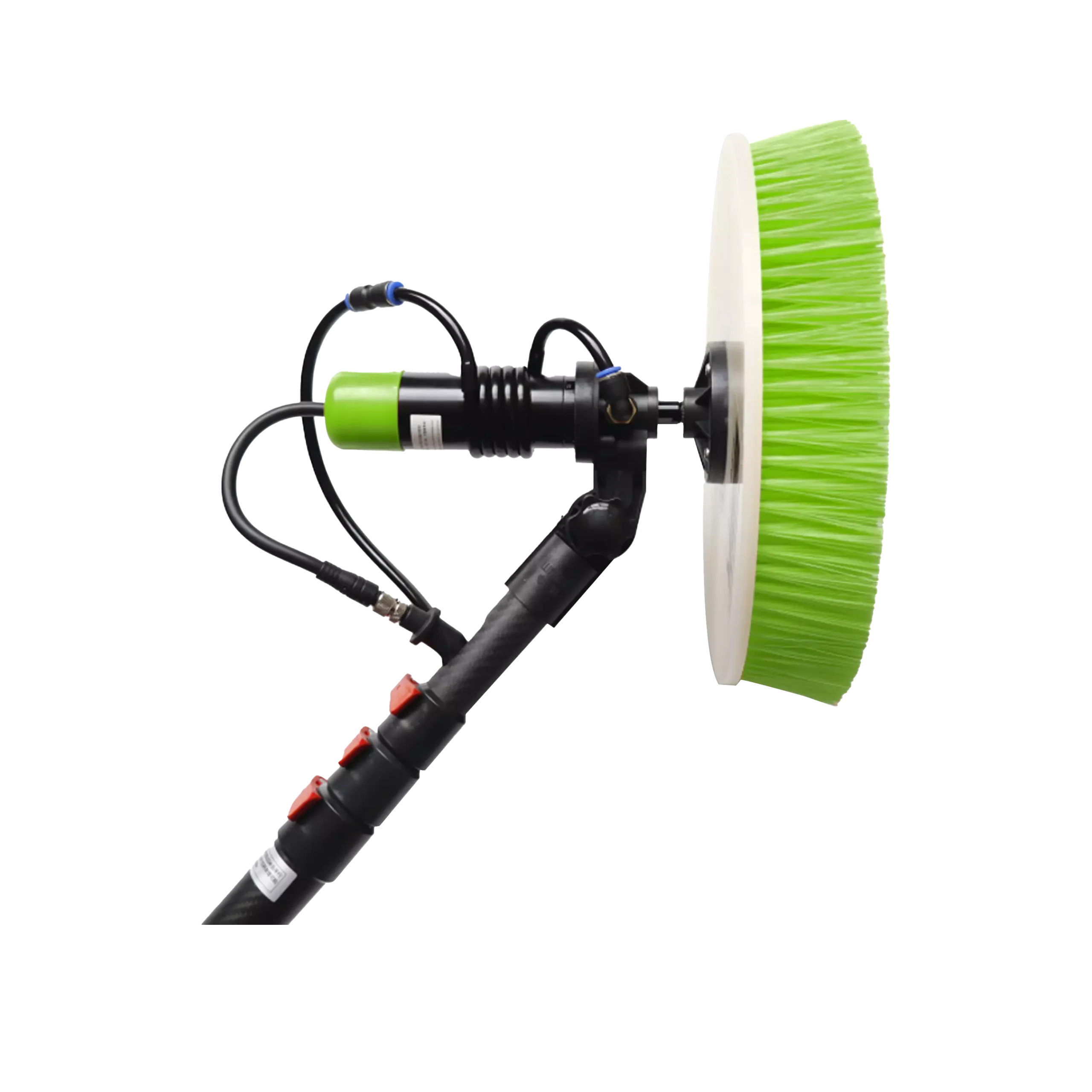太阳能模块与太阳能电池板:主要区别及其在太阳能系统中的重要性
发布时间:2025-01-17
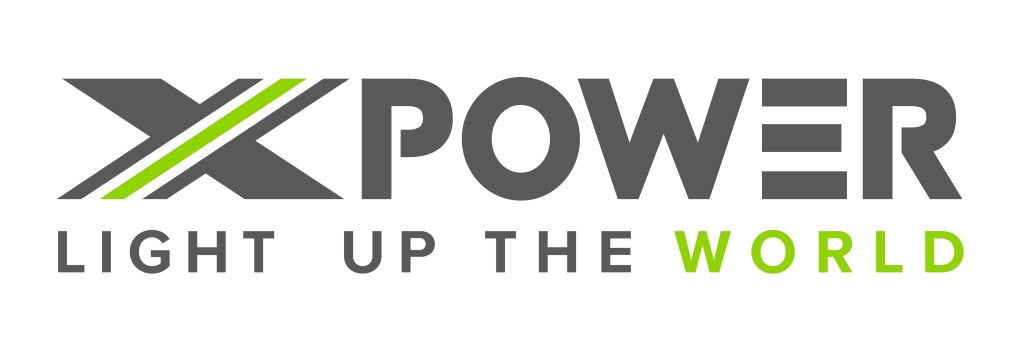
随着可再生能源解决方案日益受到重视, 太阳能产品 太阳能是最高效和可持续的能源之一。任何太阳能系统的两个关键组件都是太阳能模块和太阳能电池板。虽然这些术语经常互换使用,但它们指的是太阳能系统中的不同元素。在本文中,我们将探讨太阳能模块和太阳能电池板之间的区别,解释它们在太阳能发电中的各自作用,并讨论它们如何协同工作以有效利用太阳能。
什么是太阳能电池组件?
太阳能模块,通常称为光伏模块,是太阳能系统的基本单元。它由多个光伏 (PV) 电池组成,这些电池共同将阳光转化为电能。这些太阳能电池由硅等材料制成,是每个太阳能电池板的组成部分。通常,一个太阳能模块包含 60 到 72 个电池,每个电池都为模块的总发电量做出贡献。
太阳能模块的主要功能是捕获阳光并将其转换为直流电 (DC)。太阳能模块的效率是决定其可从可用阳光中产生多少能量的关键因素。效率更高的太阳能模块可以从相同数量的阳光中产生更多的电力,从而节省更多能源。
什么是太阳能电池板?
太阳能电池板是多个太阳能模块连接在一起以增加总电力输出的组件。太阳能电池板通常安装在屋顶或大型太阳能发电场中。通过组合多个太阳能模块,太阳能电池板能够提供更大的太阳能发电能力。
虽然太阳能模块是一个单独的单元,但太阳能电池板是这些模块的集成集合,设计用于安装在更大的系统中。这些系统可用于住宅、商业或工业环境,以产生可再生太阳能。太阳能电池板中太阳能模块数量的增加使其能够产生更多的电力,这就是为什么太阳能电池板是太阳能收集的完整解决方案。
太阳能模块和太阳能电池板之间的主要区别
对于任何有兴趣采用太阳能技术的人来说,了解太阳能模块和太阳能电池板之间的区别至关重要。以下是主要区别:
- 组件与系统: 太阳能电池模块是一个利用阳光产生电能的单一单元,而太阳能电池板则是多个太阳能电池模块的集合,它们共同协作以产生更高的能量输出。
- 发电: 太阳能模块的容量有限,但当组合成太阳能电池板时,能量输出会增加,从而为家庭、企业等供电。
- 安装: 太阳能电池板安装在屋顶或太阳能发电场内,而太阳能模块是电池板内执行能量转换的单独组件。
总而言之,太阳能电池板是完整的集成解决方案,而太阳能模块是组成这些电池板的单独组件。
太阳能发电系统中太阳能模块和太阳能电池板的重要性
太阳能模块和太阳能板都是任何太阳能系统必不可少的组成部分。太阳能模块捕获阳光并将其转化为电能,而太阳能板则确保所产生的电能足以满足用户的能源需求。
太阳能发电系统的性能在很大程度上取决于太阳能模块的效率。当这些模块连接在一起形成太阳能电池板时,它们提供了一种可持续且经济高效的方式来减少对传统电网电力的依赖。随着太阳能的不断普及,由太阳能制成的太阳能电池板 高效太阳能模块 对于帮助房主和企业转向清洁、可再生能源至关重要。
太阳能电池组件:太阳能发电的核心
太阳能系统的性能在很大程度上取决于太阳能模块的质量和效率。太阳能模块技术的进步带来了更高效的光伏电池,从而实现了更高的能量转换率。例如,与多晶或薄膜模块相比,单晶太阳能模块通常提供最高的效率。
通过投资高质量的太阳能模块,您可以确保您的太阳能电池板系统以最大容量运行,即使在阳光有限的地区也是如此。随着太阳能模块技术的进步,它们继续为降低太阳能装置的总体成本做出贡献,使太阳能成为全球能源消费者越来越容易获得的选择。
太阳能电池板:太阳能收集的完整解决方案
太阳能电池板是安装后用于捕获太阳能的成品。通过组合多个太阳能模块,太阳能电池板可产生为家庭、企业或整个社区供电所需的能量。太阳能电池板的多功能性和可扩展性使其成为小型和大型安装的理想选择。
无论您是想减少家庭电费还是投资大型太阳能发电场,太阳能电池板都能为高效太阳能发电提供必要的基础设施。太阳能电池板可以配置成阵列,从而实现更大的电力输出,这是满足日益增长的可再生能源需求的关键。
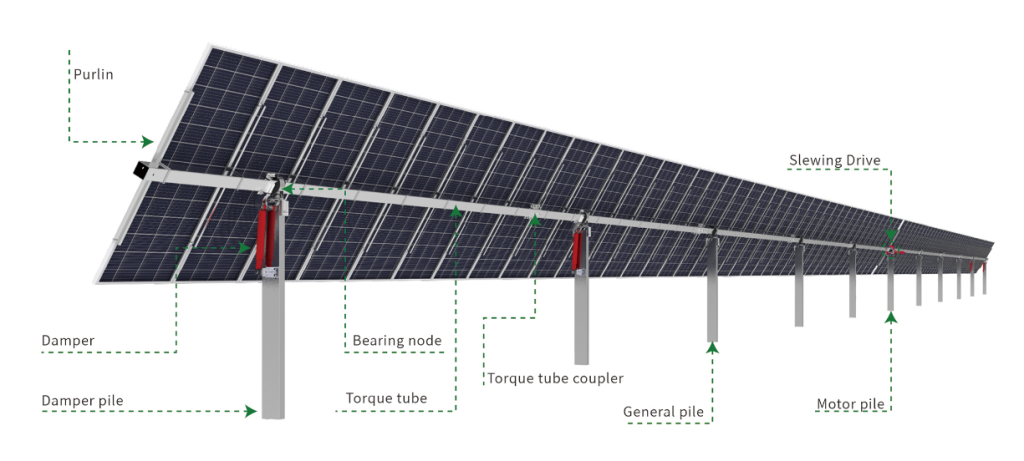
太阳能模块和太阳能电池板的协同作用
太阳能模块和太阳能电池板在太阳能世界中都不可或缺。了解它们在太阳能世界中的作用 太阳能发电系统 将有助于您在考虑安装太阳能时做出明智的决定。无论您是想为家庭或企业安装太阳能系统,还是考虑进行更大规模的投资,太阳能模块和太阳能电池板的组合都是利用太阳能的最有效方式。
总而言之,虽然太阳能模块是将阳光转化为电能的单个单元,但太阳能电池板是由这些模块组成的组装系统,用于产生可用电力。太阳能模块和太阳能电池板之间的协同作用使太阳能系统既高效又可扩展,有助于为未来提供清洁和可再生能源。
准备好转换到太阳能了吗? 立即联系我们 了解有关太阳能电池板安装的更多信息并了解如何使用太阳能发电系统节省能源费用!


